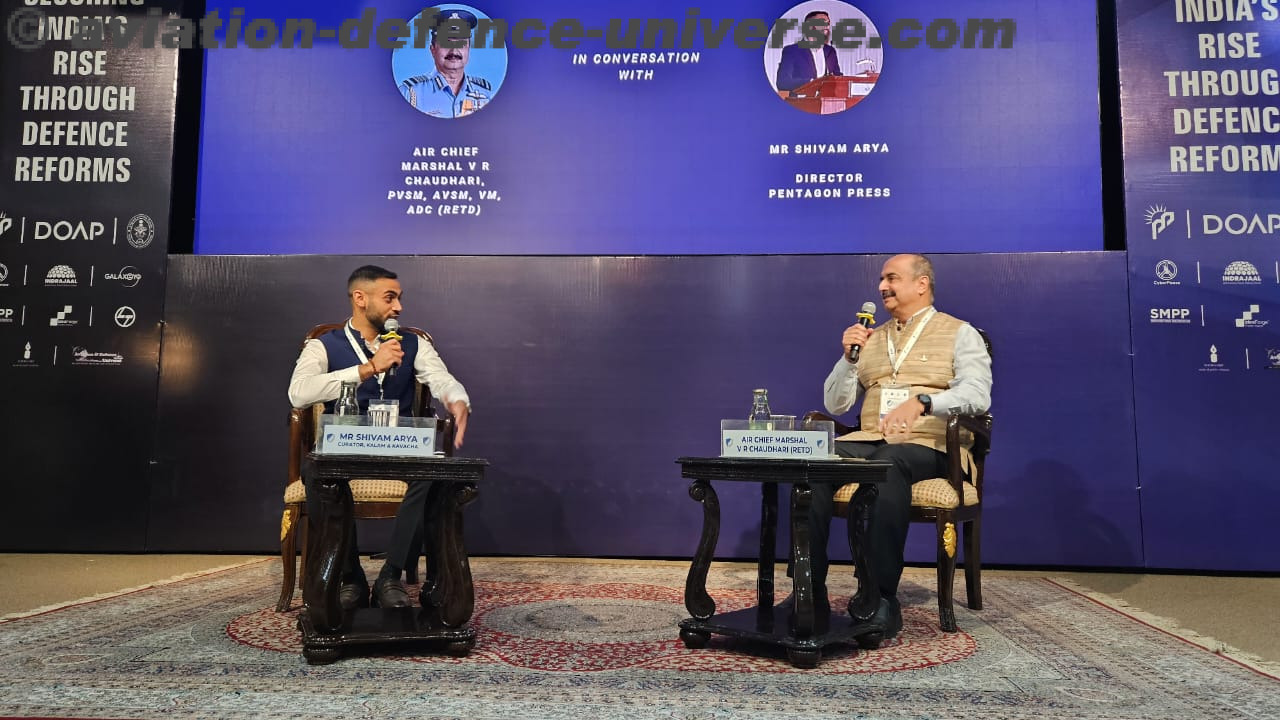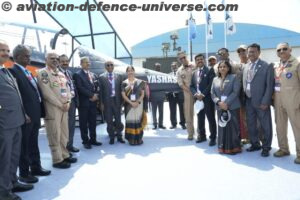- Savitri Thakur , Minister of State for Women and Child Development delivers India’s statement at the Ministerial Forum, addressing the priority theme: “Strengthening Solidarity and Social Cohesion”
- India has embraced “Women-led development,” ensuring women are key players in shaping the development trajectory : Thakur
- India has launched large-scale programs to bridge the gender digital divide, promoting digital and financial literacy, especially in rural areas empowering millions of women entrepreneurs
 India took part in the 63rd session of the Commission for Social Development (CSoCD), held from February 10 to 14, 2025 at New York ,USA . This participation was led by Smt. Savitri Thakur, the Minister of State for the Ministry of Women and Child Development, Government of India (GoI). This session aimed to encourage discussions and collaborations on pressing social development challenges, with an emphasis on advancing inclusive social policies and fostering global social well-being. The session witnessed the participation from 49 Countries including Ministers from 16 countries like France, Türkiye, Saudi Arabia, Sweden, etc.
India took part in the 63rd session of the Commission for Social Development (CSoCD), held from February 10 to 14, 2025 at New York ,USA . This participation was led by Smt. Savitri Thakur, the Minister of State for the Ministry of Women and Child Development, Government of India (GoI). This session aimed to encourage discussions and collaborations on pressing social development challenges, with an emphasis on advancing inclusive social policies and fostering global social well-being. The session witnessed the participation from 49 Countries including Ministers from 16 countries like France, Türkiye, Saudi Arabia, Sweden, etc.
India’s involvement includes active participation in key discussions. On Tuesday, February 11, 2025, Smt. Savitri Thakur delivered India’s statement at the Ministerial Forum, addressing the priority theme: “Strengthening Solidarity and Social Cohesion.”
India expressed its appreciation to the Commission for its leadership in discussing the importance of strengthening solidarity and social cohesion to ensure no one is left behind. Since the 1995 Copenhagen Summit on Social Development, India has made significant progress in addressing poverty, malnutrition, and universal healthcare, while also pioneering digital public infrastructure for sustainable development. By aligning with global best practices and developing indigenous solutions, India has become a model for the Global South.
While addressing the Session, the Minister highlighted that India is driven by the vision of “Sabka Saath, Sabka Vikas, Sabka Vishwas” (Development for All), with a focus on inclusivity. Through initiatives like the JAM TRINITY (Jan Dhan, Aadhar, Mobile), India has achieved financial inclusion for disadvantaged communities, especially women, persons with disabilities, and the elderly. The country has also embraced “Women-led development,” ensuring women are key players in shaping the development trajectory.
She said that India has launched large-scale programs to bridge the gender digital divide, promoting digital and financial literacy, especially in rural areas. This has empowered millions of women entrepreneurs, from start-ups to scalable businesses.
As India works toward accelerating progress on the 2030 Agenda for development, increasing women’s workforce participation is a key priority. India’s robust social protection model includes 26 weeks of paid maternity leave, maternity benefits for 37.5 million mothers, a network of One Stop Centres, and an integrated National Women’s Helpline. Additionally, India’s early childhood care, nutrition, and education initiatives benefit over 100 million children, mothers, and adolescent girls.
ndia supported the resolution on the priority theme and is progressing with the concept of saturation in social protection to ensure the delivery of essential services to the poorest populations, addressing multidimensional poverty.
India’s rights-based approach to universal health coverage, including reproductive health, and the provision of clean cooking fuel, safe drinking water, sanitation, and affordable housing has transformed the lives of women and marginalized communities. Over 40 million homes have been built for the poor, with women as either sole or joint owners.
Nearly 100 million women have been linked with self-help groups (SHGs), contributing to economic transformation and grassroots leadership.
In conclusion, India is fully committed to accelerating global progress and supporting the Commission’s efforts toward a just world for all.




























































































































